Abstract:
While numerous obesity-focused programs exist, limited research addresses the unique needs of perimenopausal and postmenopausal women, who often experience weight gain alongside other symptoms. Traditional interventions, such as intensive exercise or restrictive diets, may be unsuitable due to heightened risks of injury, hormonal imbalance, and psychological stress. Alternative approaches, like mindfulness-based wellness programs, offer a gentler yet effective strategy by integrating mindful movement and eating practices. Despite the popularity of short-term wellness marathons as educational tools, their efficacy for this demographic remains understudied.This qualitative study examines Zarina del Mar’s Eat and Get Slim! program, a 5-day online marathon delivered via Telegram to Russian- (N=710) and English-speaking (N=406) participants. The program combines 3D mindful movement (equipment-free, low-impact exercises) with mindful eating principles, emphasizing sustainable habits over restrictive measures. Non-participant observation and content analysis of marathon materials—including instructional videos, textual guides, and group interactions—were conducted as part of a longitudinal project.Findings reveal that the marathon format was favored for its communal support: "I like the marathon format because everyone interacts, asks questions, and it feels more engaging." Participants primarily joined to address weight-related challenges or for prevention. Notably, many struggled with unexplained weight gain ("I’ve kept the same lifestyle but gained weight—maybe due to perimenopause?"), highlighting knowledge gaps about menopause-related metabolic changes. While few disclosed eating disorders, most focused on physical limitations (e.g., "I love cooking, but early menopause made me feel heavy"). The program’s accessibility—short sessions ("Brief, effective, no jumping or running—yet amazing results!") and flexible eating schedules—encouraged adherence, with some reporting shifted habits: "Movement is like a drug—the more I do, the more I crave it." Role models (e.g., the instructor’s 63-year-old mother losing 20 kg) strengthened motivation through parasocial bonds. However, limitations include the intervention’s brevity, self-reported data, and lack of clinical metrics. Some participants overestimated short-term outcomes, underscoring the need for clearer expectations. Despite this, the study suggests that mindfulness-based marathons can initiate behavioral shifts by addressing psychosocial and physiological barriers. Future research should explore long-term effects and integrate objective health measures. Short-term wellness marathons may serve as accessible entry points for menopausal women seeking sustainable weight management strategies, particularly when combining peer support, mindful practices, and adaptable routines. Further investigation into their longitudinal impact is warranted.
Keywords: Menopause, wellness programs, mindfulness, weight management, short-term intervention, qualitative research



